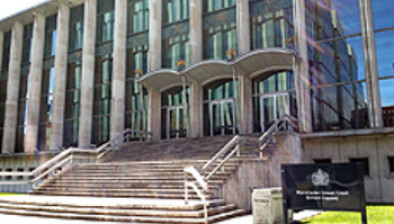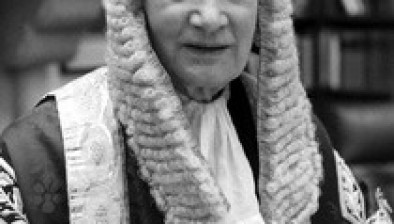England: Call for evidence on misuse of NDAs and role of lawyers

England’s Legal Services Board (LSB) has launched a call for evidence on the role that lawyers’ conduct can play in the misuse of non-disclosure agreements (NDAs).
While the majority of NDAs are lawful and can legitimately be used to protect the confidentiality of sensitive business ideas and information, concerns are mounting about their misuse to conceal wrongdoing.
For example, the #MeToo movement has raised public awareness of the misuse of NDAs to silence victims of workplace misconduct. Media coverage has also highlighted patterns of misuse in sectors as diverse as the arts, further education, policing and advertising.
The LSB seeks to understand the scale, extent, and nature of misuse, consider why some legal professionals may fail to adhere to their professional ethical obligations when engaged with the misuse of NDAs, and explore the role regulation can play in making sure NDAs are only ever used appropriately.
The LSB will consider the evidence obtained from the call for evidence and determine how its powers may be appropriately and effectively deployed to address the misuse of NDAs.
Matthew Hill, chief executive of the LSB, said: “The public relies on lawyers to help deliver fair outcomes. That applies as much to NDAs as any other area of the law. We want to make sure that regulation supports – and, where necessary, insists on – standards of conduct that ensure, as far as possible, that NDAs are never used to cover up wrongdoing, silence victims or deprive people unwittingly of their rights.
“This is something everyone across the sector should be concerned about, and we want to work collaboratively to ensure NDAs – which have a legitimate and important role to play in a wide range of circumstances – are always used appropriately and ethically.”
He added: “We’re interested in hearing from anyone with a view on this topic – whether the real experience of people who have been subject to misuse of NDAs, practitioners in this or related fields, regulators, representative bodies and others – to help identify solutions that uphold public confidence.”
The call for evidence runs from 2 May 2023 to 14 July 2023.







